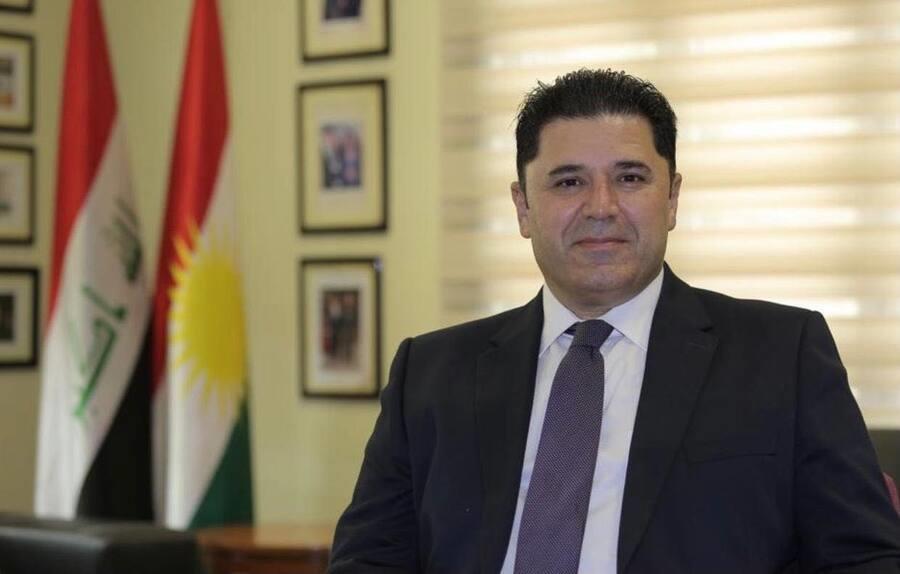“These elections are being monitored at the highest domestic and international levels,” Dr. Dindar Zebari emphasized. “This process is viewed as a crucial step toward political stability in the Kurdistan Region.”
The Kurdistan Region prepares for its sixth parliamentary elections on Sunday, following a successful special voting day that saw a 97% turnout, according to Dr. Dindar Zebari, the Coordinator for International Advocacy.
“Democratic elections represent a cornerstone of civilized society, enabling citizens to participate in political authority and governance,” Zebari stated. “According to international principles, citizens’ right to freely elect their parliamentary representatives is a fundamental human right.”
Key Election Statistics:
– Total eligible voters: 2,899,615
– Special voters: 215,960
– Total candidates: 1,191 (including 368 women)
– Parliamentary seats: 100 (including 5 seats reserved for Christian and Turkmen components)
– Women’s quota: 30%
– Polling centers: 1,431 across Erbil, Sulaimani, Duhok, and Halabja
– Electoral staff: 40,901
International and Local Monitoring:
The election will be monitored by an unprecedented number of observers:
– 1,830 representatives from 16 consulates and 15 foreign organizations
– 109 journalists from 22 international media outlets
– 53 political parties
– 98 local organizations
– 43,139 political party agents and observers
– 9,610 accredited local observers
– 48 local media outlets
“These elections are being monitored at the highest domestic and international levels,” Zebari emphasized. “This process is viewed as a crucial step toward political stability in the Kurdistan Region.”
The comprehensive monitoring framework and high level of international participation underscore the significance of these elections for the Kurdistan Region’s democratic development.
Following the successful special voting day on Oct. 18, expectations are high for strong participation in Sunday’s general election.
The election represents a critical moment for the Kurdistan Region’s democratic institutions, with results expected to shape the political landscape for the next parliamentary term.
The presence of extensive international monitoring is expected to contribute to the transparency and credibility of the electoral process.

